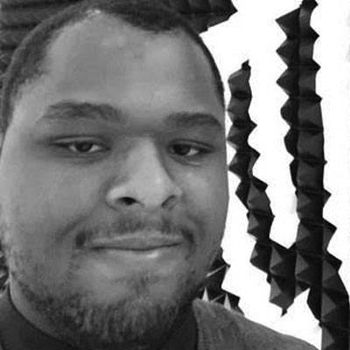Court rules KU can't expel student for tweets
A Kansas court ruled Friday that the University of Kansas (KU) unjustly expelled a student over disparaging tweets he made about his ex-girlfriend.
In an attempt to uphold Title IX, KU decided to expel Navid Yeasin after he was warned not to interact with his ex-girlfriend. The judges, however, saw no violation of Title IX law with the tweets, which did not mention Yeasin’s ex-girlfriend by name, Inside Higher Ed reported.
On July 1, 2013, Yeasin and his ex-girlfriend and classmate, who is simply referred to as “W,” had an argument while Yeasin was driving in Olathe, Kan. During the fight, he took away her cellphone and refused to let her out of his car; however, he did safely take her home and returned her phone, according to the Kansas Court of Appeals.
“W” reported the incident to police and the Johnson County District Court charged Yeasin with criminal restraint, battery, and criminal deprivation of property. Once back in school, "W" reinforced her case by also reporting the incident to the university’s Institutional Opportunity and Access (IOA) department, which investigates complaints of discrimination and harassment.
To combat the charges, Yeasin agreed to an Order of Protection from Abuse, which prohibited him from directly or indirectly interacting with “W,” the Lawrence Journal-World reported.
"You are hereby informed that this 'no contact' order means that you understand you are prohibited from initiating, or contributing through third-parties, to any physical, verbal, electronic, or written communication with [W.], her family, her friends or her associates,” IOA’s letter to Yeasin stated.
“A violation of this ruling,” the letter went on to warn, “could result in… formal removal from the premises and a recommendation for further conduct sanctioning; including, but not limited to, suspension and expulsion from the University."
Upon receiving the letter, Yeasin tweeted about “W,” indirectly referring to her as a “psycho bitch” and “piece of shit.”
“W” complained to IOA Investigator Jennifer Brooks about Yeasin’s tweets. Brooks informed Yeasin that the tweets, even though they did not identify his ex-girlfriend by name, were still a form of communication that violated the no-contact order.
“Going forward, if you make any reference regarding [W], directly or indirectly, on any type of social media or other communication outlet, you will be immediately referred to the Student Conduct Officer for possible sanctions which may result in expulsion from the University,” Brooks wrote to Yeasin.
Yeasin did not stop posting on Twitter and the IOA decided his actions violated the school’s sexual assault policy and the no-contact order. After a hearing in November, the school expelled Yeasin and banned him from the campus. Yeasin appealed the decision to the school’s Judicial Board but was unsuccessful.
Yeasin went on to file a suit against the university and won the case in district court. The university appealed the decision to the appellate level, which also ruled in Yeasin’s favor, noting the university had failed to show Yeasin’s conduct had taken place while on school property or at a school sponsored event.
As the school could not show that Yeasin’s conduct occurred in a location in which KU would have jurisdiction to discipline him, the appellate court did not entertain the question of whether or not Title IX permitted the school to discipline Yeasin for activity that occurred off-campus and not at a university-sponsored event.
KU’s Director for News and Media Relations Erinn Barcomb-Peterson, told Campus Reform "it’s too early in the process to make a response."
Follow the author of this article on Twitter: @C_Spencer_

